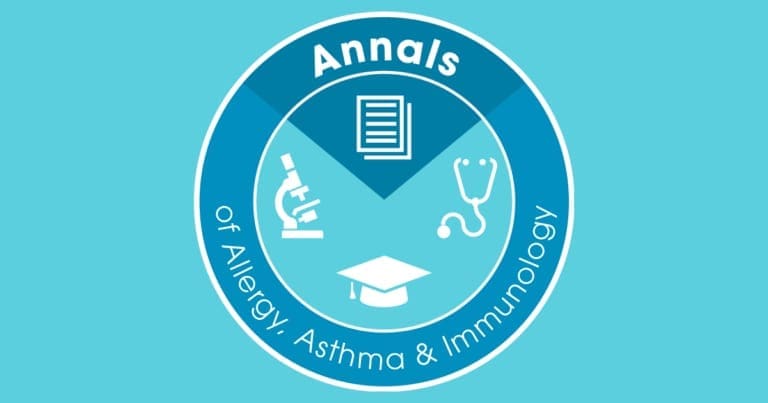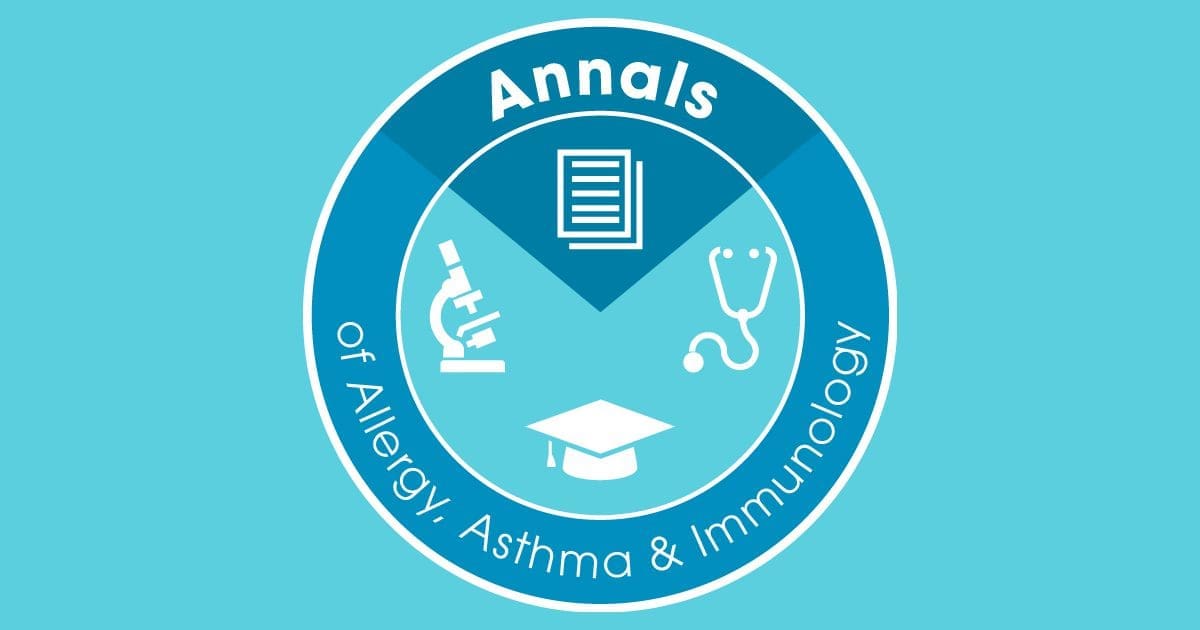Winter is waning, spring is springing, and the Ides of March will soon be upon us! This month, the focus of Annals of Allergy, Asthma & Immunology is on immunodeficiency and what you need to know as a practicing community allergist. Our CME review this month provides the latest immunodeficiency developments, giving you the information needed to provide the most up-to-date care.
One concern in the field is how to best evaluate humoral immunity now that pneumococcal conjugate vaccines are recommended in the adult and childhood vaccine schedules. Another review this month tackles this problem and (spoiler alert!) finds that the 23-valent pneumococcal polysaccharide vaccine is still a valuable tool, but it also discusses the other options that are available, which may soon become a more common part of the humoral immune evaluation. This theme is reinforced by the Cartootorial, which also discusses alternatives to the pneumococcal vaccine for evaluation of humoral immunity. The final review this month explores secondary hypogammaglobulinemia and what you should be doing to diagnose and care for these patients.
This month’s Master Clinician Series article details Dr. Matthew Greenhawt’s approach to providing counsel to families considering food allergy therapy for their children. As with all Master Clinician Series features, the figure in the article provides succinct and focused advice that you can use at the point of care.
Original articles this month provide great insight into the diseases you treat every day. Studies this month explore the effect of dupilumab on mental health risk in patients with atopic dermatitis, what matters to patients with mild asthma and their parents, changes seen in the airway microbiome with type 2 asthma, and the use of computed tomography-based measurements to measure rapid lung function decline in severe asthma. Several studies look at chronic spontaneous urticaria burden, treatment, and patient and provider perspectives. Our Letters section includes studies on eosinophilia, looking at hypereosinophilia and eosinophilic gastrointestinal disorders in atopic individuals, as well as a study examining the performance of the rhinology-focused symptom score-5 (RSS-5) in patients with chronic rhinosinusitis with nasal polyposis treated with dupilumab.
There is always so much to learn and read in each month’s Annals, and the articles mentioned above are only part of the cutting-edge information that the journal provides every month. After a tough winter, who doesn’t need a chuckle? The Marginal Zone has you covered with an outrageous scandal rocking the B cell trivia night. If you have any comments about this month’s issue, please email Annals (annals@ACAAI.org).
Mitchell H. Grayson, MD, FACAAI
Editor-in-Chief



